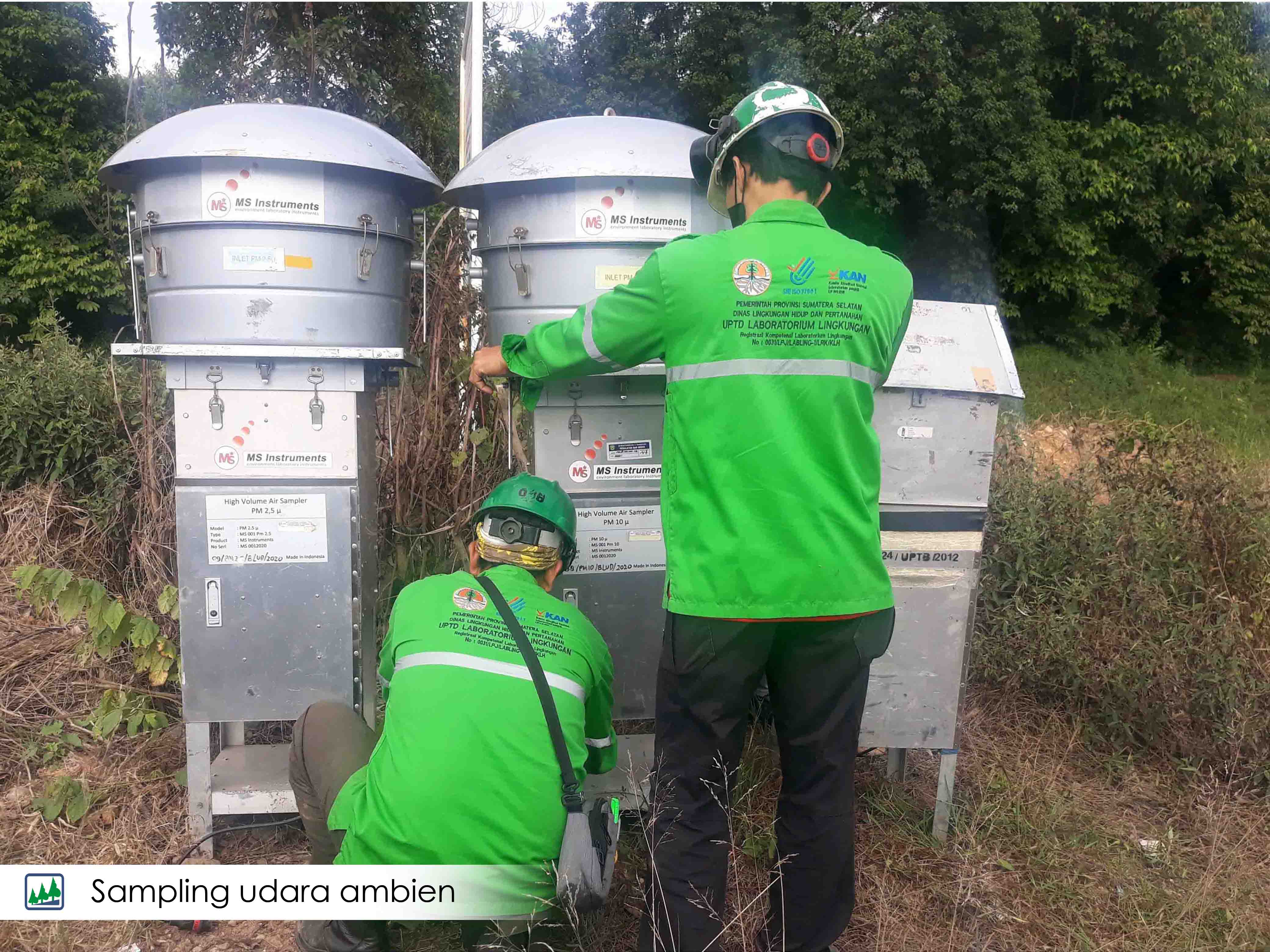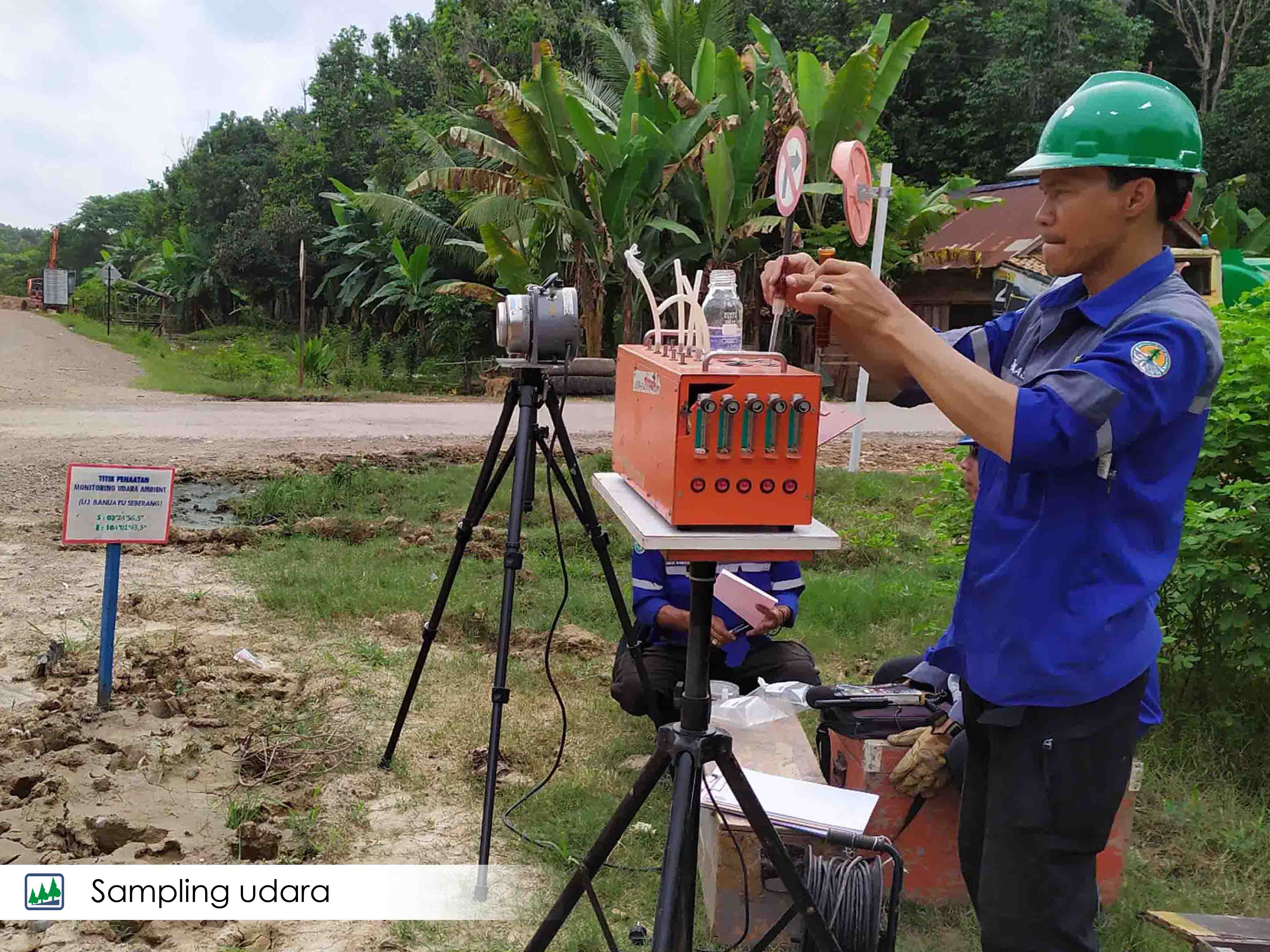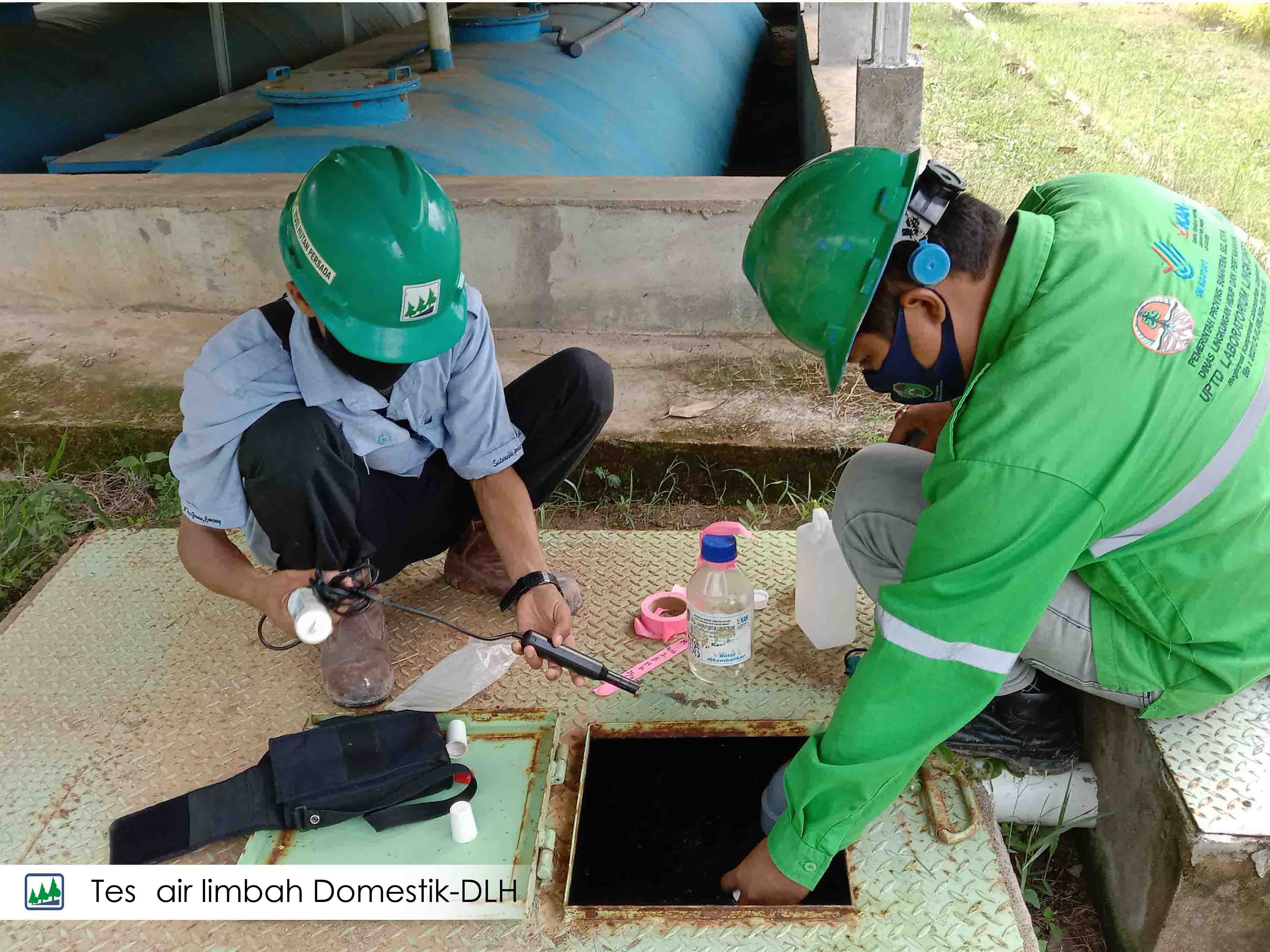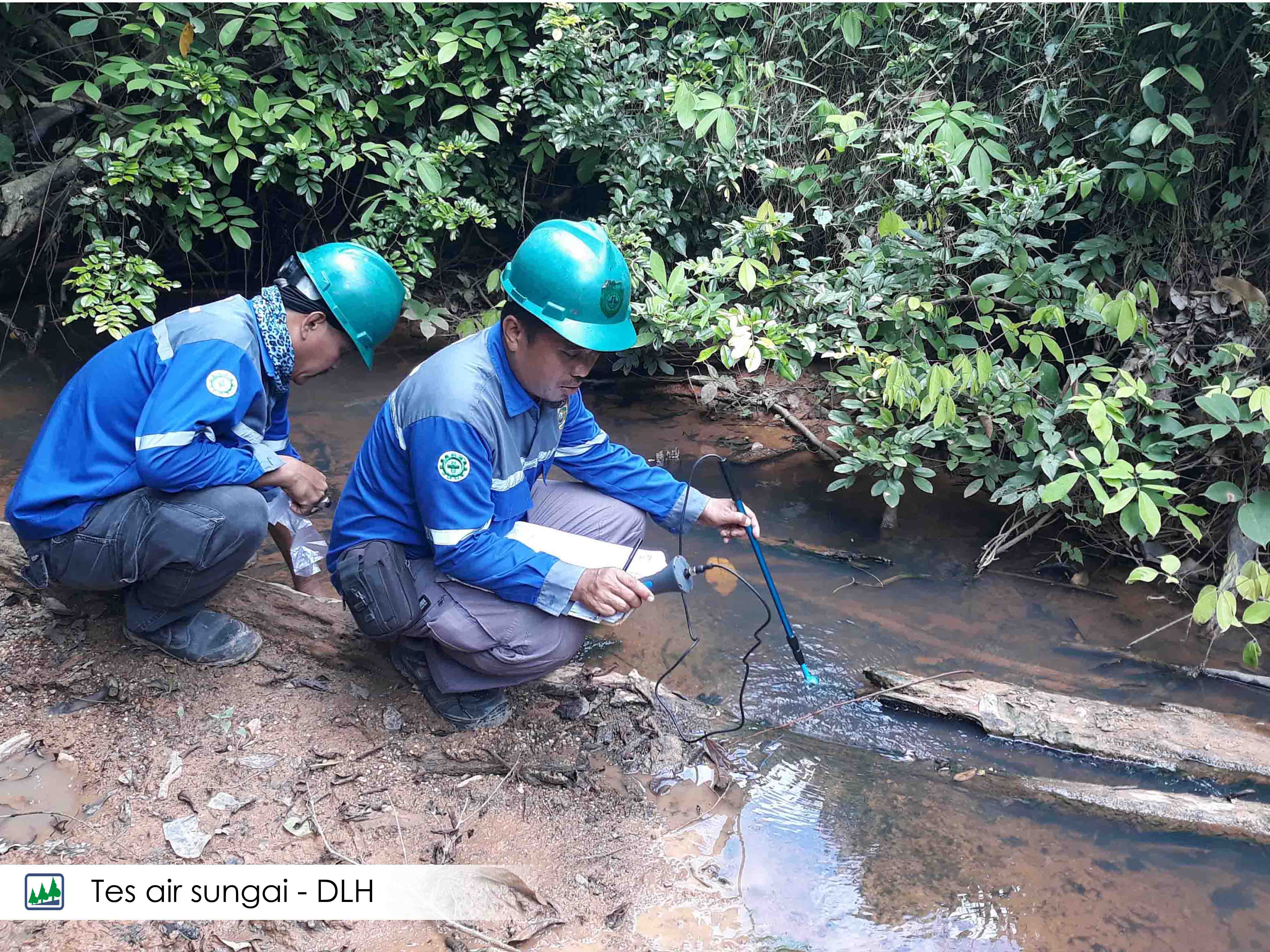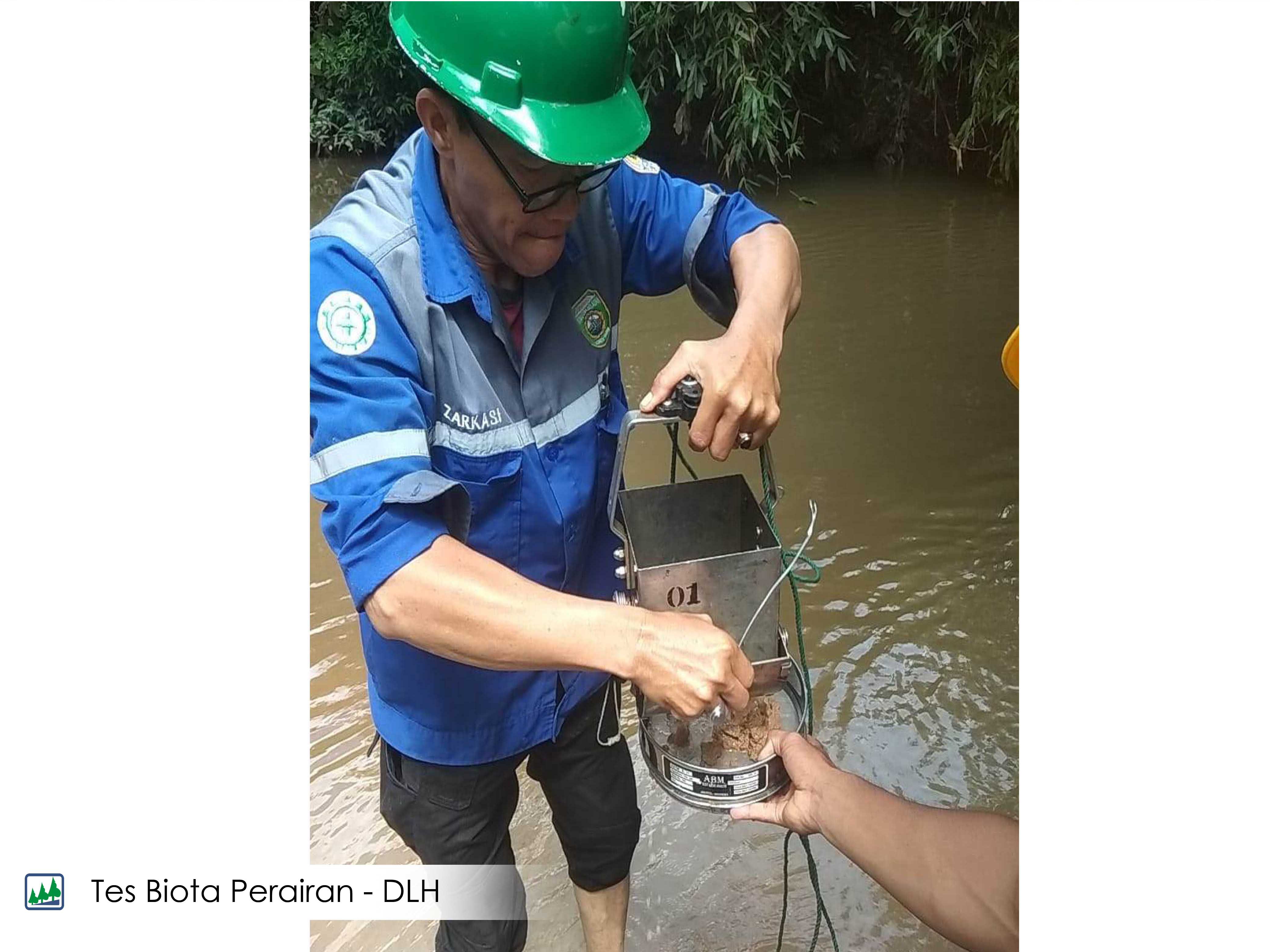Environmental Policy
As an eco-friendly company, PT Musi Hutan Persada is responsible for protecting the environment. In running its business for prosperity and harmonization, PT Musi Hutan Persada sets the Environmental Policy, as follows:
- Always pay attention to environmental impacts in conducting business, reduce environmental risks, protect and prevent environmental pollution by:
- Fulfill compliance with laws and regulations at the Regional and National levels, as well as other relevant guidelines or requirements at the International Level;
- Carry out environmental management and monitoring based on AMDAL and the application of Environmental Management System (SML) of SNI ISO 14001: 2015 standard, as well as other relevant requirements to improve environmental quality;
- Maintain and enhance the value of conservation in areas identified as high conservation value areas and areas of high carbon stock according to the 'precautionary principle' to preserve species of flora, fauna, and ecosystems that enter in the protected and/or rare, endangered and endemic categories based on IUCN Red List, CITES and applicable regulations;
- Do not using any pesticides classified as Class 1A / 1B (WHO standard), or substances regulated by the Rotterdam Convention, Stockholm Convention and IFCC-PEFC, and applicable regulations;
- Support National and Global efforts to reduce carbon emissions from forest degradation and deforestation;
- Saving energy resources, reducing waste, business efficiency, procurement of goods that are environmentally friendly in daily activities at work/office, in the field, and in employee settlements; and
- Carry out efforts to produce products, services and social systems to improve and enhance environmental quality.
- Observe the development of disturbances that result in decreased growth and potential yield of main plantation stand, caused by threats of pests and diseases, work areas, and forest & land fires. Then the management of plantation forest areas needed rescue.
Environmental Management
The company carries out environmental management and monitoring based on Environmental Impact Analysis (AMDAL) and applicable laws and regulations, as well as in implementing it with ISO 14001: 2015 Environmental Management System.
MHP's environmental monitoring activities involve and collaborate with several accredited laboratories so that the results are appropriate/ transparent and accounted for validity of environmental quality results.
Surface water quality sampling activities, domestic wastewater quality and Workshop, water biota, ambient air, air emissions from genset samples conducted by UPTD Environmental Laboratory of South Sumatra Province. For testing water quality samples of pesticide parameters in collaboration with BBLK Palembang (Central Health Laboratory of Palembang), and for testing soil physical and chemical quality samples collaboration with Testing Laboratory of Soil and Land Resources Department, Faculty of Agriculture, IPB.
In addition to having an environmental permit, it also has an Environmental Protection and Management permits, including:
- Permit of B3 Waste Storage in Muara Enim Regency and Musi Rawas Regency.
- Domestic Wastewater Discharge Permit in Muara Enim Regency and Musi Rawas Regency.
- Workshop Wastewater Discharge Permit in Muara Enim Regency and Musi Rawas Regency.
As proof of the Company's compliance in environmental management and monitoring since the period 2012/2013 until now PT Musi Hutan Persada has received a BLUE PROPER Certificate.
HCV Management
PT Musi Hutan Persada has conducted a voluntary assessment of High Conservation Value (HCV) in its concession area; this is to strengthen planning for the use of work areas, in collaboration with the Faculty of Forestry of IPB. Then in 2019 an evaluation of HCV assessments were carried out in all work areas with HCVRN standards
This HCV assessment is to identify areas that set aside for conservation and protection and identify non-conservation areas for development company plantations. HCV assessment results consist of river boundaries, conservation areas and cultural heritage areas that have HCVs, including:
- NKT 1. Species diversity
- NKT 3. Ecosystems and habitats
- NKT 4. Ecosystem services
- NKT 5. Community needs
- NKT 6. Cultural values
HCV identification, management and monitoring activities, including:
- Identification of protected Flora and Fauna and key species.
- Monitoring of Flora and Fauna.
- Fauna monitoring with Camera Trap.
- HCV socialization.
- HCV boundary.
- Installation of prohibition sign board and HCV sign board.
- HCV rehabilitation.
- Key species management.
- Prevention and handling of human and wildlife conflicts.
- HCV protection and security.

